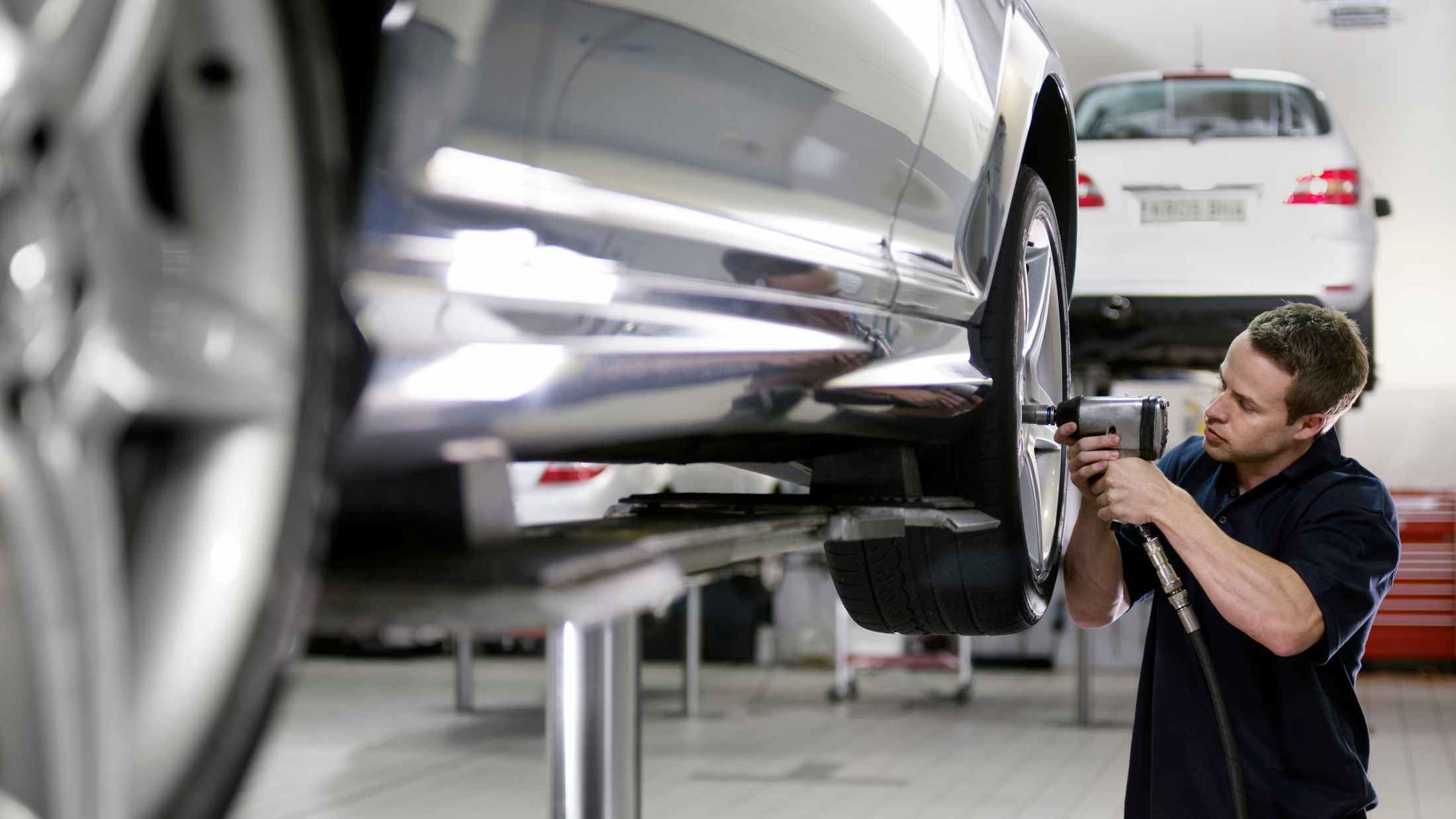- 62% of people are concerned about being able to carry out timely repairs to their vehicle
- More than half of people worry about the cost of having their vehicle serviced
- 72% of people have chosen to walk or cycle short journeys that they used to do by car/motorcycle or public transport as a way to save money
Nearly two-thirds of drivers surveyed are worried about being able to afford timely repairs to their vehicles, new research from Brake, the road safety charity, and AXA UK has found.
This increases to 84% of 17-24-year-olds, of whom a high proportion (71%) are likely to use their vehicles every day. This suggests that the vehicles on our roads are becoming increasingly unsafe as the cost-of-living crisis continues.
The report – ‘How the cost-of-living crisis affects road safety’ – released today (16 May 2023) by Brake and AXA UK, highlights tough decisions that people are facing every day when getting into their vehicles. Of the 2,000 people surveyed, one in 10 (10%) said they had driven or ridden their vehicles while there were warning lights on the dashboard, with a similar number (10%) also saying they had driven or ridden with a broken light in the dark.
It is clear to us that the cost-of-living crisis is having a detrimental effect on the safety of people on our roads. And as the cost-of-living crisis will not be resolved in the short term, it is essential that measures are put in place to protect everyone using the roads.
Nearly three-quarters of people we surveyed said they had been walking, cycling and wheeling more as a way to save money. This increase coincides with the Government cutting the Active Travel budget by 50% this year. If they want people to make safe and healthy journeys, then this investment in safe pavements, segregated routes and improved cycle lanes must be reinstated.

In addition, 18% of respondents said they had driven with known tyre defects as a way to save money. This is a 7% increase to the research conducted by Brake a decade previously, which indicates how behaviours towards these safety decisions have been forced to change.
Vehicle defects contribute to nearly 500 people being killed or seriously injured on UK roads every year. Plus, drivers can be fined up to £2,500, be banned from driving and get three penalty points for driving a vehicle in a dangerous condition.
With many people at risk of compromising their safety or worried they may have to due to the cost-of-living crisis, more must be done to improve the safety of everyone who travels on UK roads.
In 2022, Brake called for the UK to adopt the EU General Safety Standards on vehicle and pedestrian safety. Given this new information linked to the cost-of-living crisis, now more than ever is the time for the Government to adopt these standards to protect people on the roads.
More positively, the report also showed that a third of people (34%) would be inclined to use telematics in their vehicles, as a way to save money and over a quarter (27%) said they would use telematics to improve the overall safety of their vehicles.
The cost-of-living crisis has impacted us all over the last year, and this research shows that when it comes to transport, we are worried about the cost of having our vehicles serviced and needing repairs. Even leading to 1 in 10 driving at least once in the last year with warning lights on.
At AXA UK, we aim to provide more choice, flexibility, and value. So, research like this is vital in better understanding the day-to-day challenges we’re facing and the impact. We want to make sure we continue to support our customers, improve road safety, lower emissions, and help to develop an accessible and affordable future of transport.

